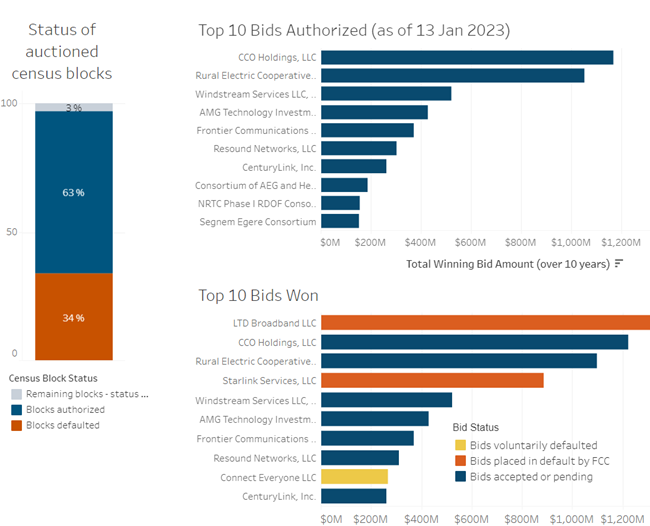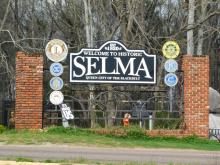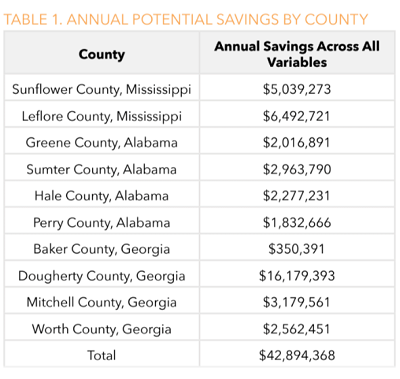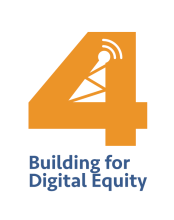The State of State Preemption: Stalled – But Moving In More Competitive Direction
As the federal government makes unprecedented investments to expand high-speed access to the Internet, unbeknownst to most outside the broadband industry is that nearly a third of the states in the U.S. have preemption laws in place that either prevent or restrict local municipalities from building and operating publicly-owned, locally-controlled networks.
Currently, there are 16 states across the U.S. (listed below) with these monopoly-protecting, anti-competition preemption laws in place.
These states maintain these laws, despite the fact that wherever municipal broadband networks or other forms of community-owned networks operate, the service they deliver residents and businesses almost always offers faster connection speeds, more reliable service, and lower prices.
In numerous cases, municipal broadband networks are able to provide low-cost or free service to low-income households even in the absence of the now expired federal Affordable Connectivity Program (ACP). And for several years in a row now, municipal networks consistently rank higher in terms of consumer satisfaction and performance in comparison to the big monopoly Internet service providers, as PCMag and Consumer Reports have documented time and time again.
Nevertheless, these preemption laws remain in 16 states, enacted at the behest of Big Cable and Telecom lobbyists, many of whom have ghost written the statutes, in an effort to protect ISP monopolies from competition.
The Infrastructure Law Was Supposed to Move the Preemption Needle But …
















